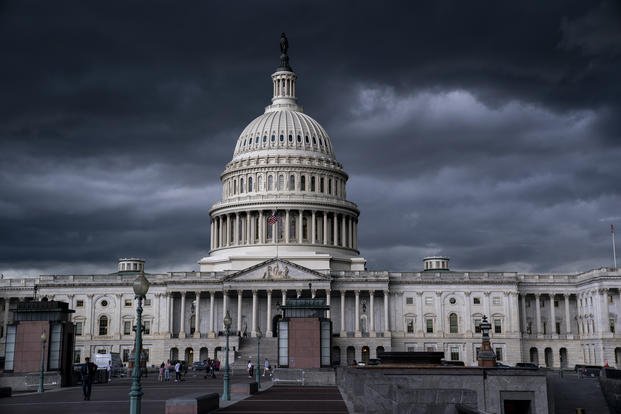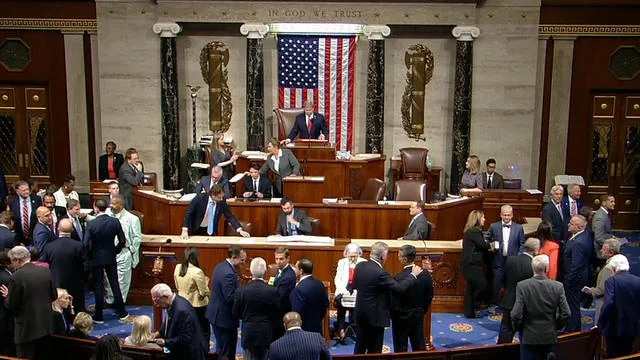Elon Musk, the billionaire entrepreneur and self-proclaimed maverick, has re-entered the political arena with a vengeance, launching an unprecedented attack against members of Congress who he accuses of betraying their fiscal responsibility. In a fiery post on his social media platform X, Musk declared, "Every member of Congress who campaigned on reducing government spending and then immediately voted for the biggest debt increase in history should hang their head in shame!" His warning is not just rhetoric; it is a calculated political maneuver aimed at shaking the foundations of Congress as it debates President Donald Trump’s controversial spending bill.
Musk Declares War on Congressional Spending
On June 30, as the Senate prepared to vote on Trump’s “Big, Beautiful Bill,” which proposes a staggering $5 trillion increase in the debt ceiling, Musk’s comments resonated across the political spectrum. This bill is not merely a piece of legislation; it represents a monumental shift in fiscal policy, one that Musk deems a manifestation of "debt slavery.” The implications of such spending are profound, especially for working-class Americans who are already grappling with economic disparities.
The Rise of the Porky Pig Party
Musk’s branding of Congress as the “PORKY PIG PARTY” underscores a growing frustration among voters who feel disenfranchised by a political system that seems to prioritize corporate interests over the needs of the populace. His call for a new political party that genuinely cares for the people is not just a whimsical suggestion; it reflects a deep-seated discontent with the status quo. According to The New York Times, Musk’s influence has been reshaping political dynamics, pushing the boundaries of traditional party politics.
\n\n
Showdown Looming: Senate Takes Moderate Route, House Pushes ...
Political Spending and Influence
Musk"s political action committee, America PAC, has been a significant player in financing Republican candidates, contributing over $275 million to support Trump and his allies in the 2024 elections. Yet, despite his previous commitment to reduce political spending, Musk"s recent threats to back primary challengers against those who supported the bill reveal a double standard in his political strategy. As reported by Virginia Tech News, his involvement in pivotal races, such as the recent Wisconsin Supreme Court election, indicates that he is far from stepping back from political engagement.
Consequences of Debt Increase
The ramifications of the Senate’s proposed bill are staggering. According to a Congressional Budget Office estimate, this legislation could add nearly $3.3 trillion to the deficit over the next decade, while the House-approved bill adds $2.4 trillion. The White House argues that such measures will “slash deficits” and stimulate economic growth, but many economists warn that the real depth of this debt increase will burden future generations. The rhetoric surrounding this bill lacks transparency, masking the reality that it favors corporate handouts over investments in sustainable industries, as Musk himself has noted.
\n\n
House passes debt ceiling bill, sending it to Senate
The Future of Progressive Politics
Musk’s challenge to Congress is emblematic of a larger struggle within the American political landscape. As progressive voices continue to advocate for social justice and civil rights, the threat posed by billionaires like Musk cannot be overstated. His ability to manipulate political narratives and financing can drown out essential discussions about equity and justice. The question remains: will the progressive movement rise to meet this challenge, or will it be overshadowed by the economic power wielded by tech moguls?



![[Video] Gunfire between Iraqi security forces and Sadr militias in Baghdad](/_next/image?url=%2Fapi%2Fimage%2Fthumbnails%2Fthumbnail-1768343508874-4redb-thumbnail.jpg&w=3840&q=75)
